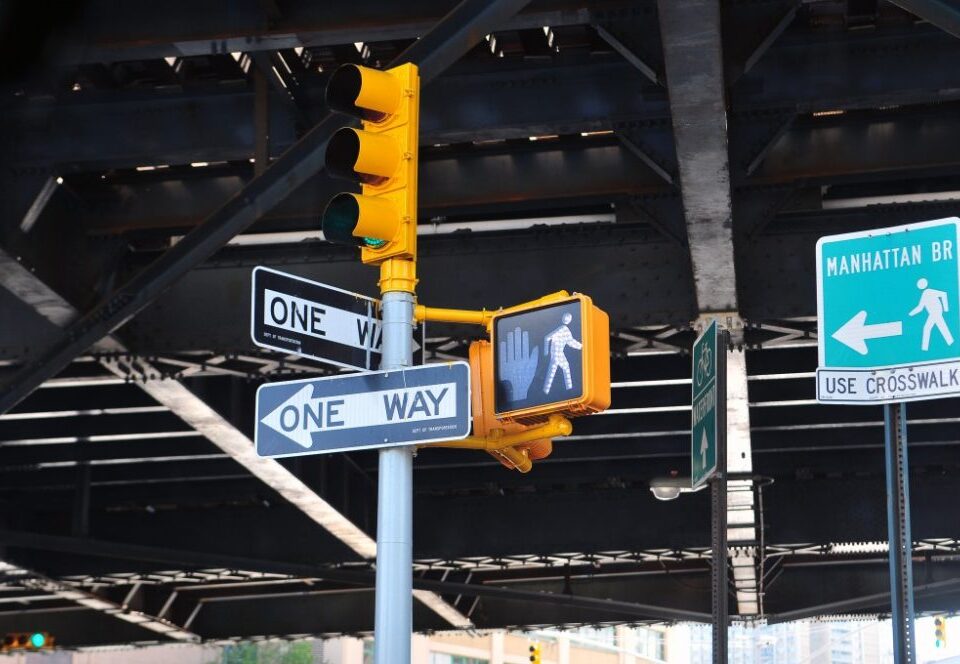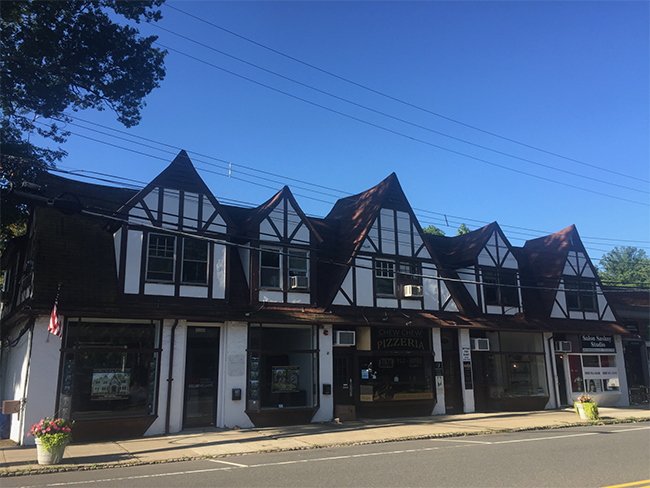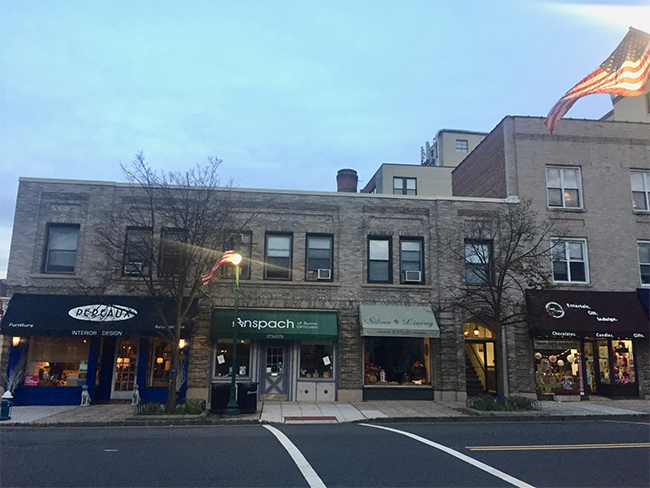
Commercial Vacancies and How They Affect the Housing Market
05/17/2014
5 Reasons People are Leaving New Jersey
07/13/2014The decision to build a pool is a major one for any homeowner, and as a real estate broker, I am often asked about the impact on a home’s value. When it comes time to sell the house, will you actually see a Return on Investment (ROI) after taking on such a large project, or will you preclude potential buyers from even considering the property? It depends; here’s why.
The type of neighborhood
In some upscale neighborhoods or warm climates, it is fairly standard for residents to have a pool. If any of the homes on your immediate block have pools, not having one may detract from the value of your house. Part of the value of a property is determined by comparable ones in the neighborhood, and if having a pool is standard on your street, the relative value of your home will be lower without one.
The pool as a “destination”
Sometimes when I am showing homes, it is clear that the family treats a beautiful backyard and pool as a “destination” where they can enjoy the outdoors. Families create wonderful memories while they are relaxing poolside, so often there are seating areas for eating and a backyard grilling area or kitchen. When the landscaping has been carefully planned, the pool area can be beautiful. If the property size permits, some homes will even have a pool house with changing area, a bathroom and kitchen. All of these amenities make the pool a “destination” for the family, a place to meet and truly enjoy time outdoors. These types of pools, which are part of a planned environment, will be more valuable than those which seem to be a mere add-on and not carefully designed to work with the landscaping of the backyard.
Consider the potential homeowner
The composition of the neighborhood also matters. If due to the school system or various recreational activities, your town attracts families with small children, then sometimes a pool can detract from the value of a home. Logistically managing the safety of young children around a pool can be burdensome for a family, and they may incur extra expense trying to do so as well. Products like flexible fencing may be unsightly, and sensors are expensive. Some towns require fencing of a certain height and self-locking gates around any yard with a pool; however, these safety features still will not help manage safety around the pool and within the perimeter of the yard. One option for a family that purchases a home with a pool may be to install an automated pool cover, approximately a $20,000 expense. For freeform pools, an automated pool cover many not even be an option.
On-going pool maintenance expense
Maintaining a pool is expensive. If you choose to contract it to an outside company, they will manage the chemicals, clean and brush the walls, vacuum the pool and keep the filter clean. The cost of weekly or bi-weekly visits adds up. There is also the added expense of the annual opening and closing. For basic maintenance, a pool care contract, which includes opening, closing and weekly visits, runs a minimum of $2000 per annum. If you heat your pool or have a spa, the increased electrical bill when the heater or spa are in use is another factor to consider.
The return on investment
Your initial investment for a pool will include the pool itself, pool features such as waterfalls, a pool cleaner, and pavers around the perimeter of the pool. Your town will require a fence with self-closing gates. There are permit fees and landscaping additions to frame the pool. A pool with features, fence and basic landscaping work around the pool may cost as much as $100,000. In addition, when positioning the pool, the size of the available yard will decrease and along with it, the possibility of a playground or open space for a family.
So, be thoughtful when deciding whether to take the plunge and add a pool to your outdoor space. While it will certainly give your family enjoyment, it is a significant enough investment to carefully consider whether you will recoup the money you invest. If you are unsure and would like a second opinion, contact Victoria Carter at (973) 220-3050 or email victoria@victoriacarter.com.





